Five shining examples of how to light a country house in exquisite style
The latest lamps and lighting accessories, selected by Amelia Thorpe.
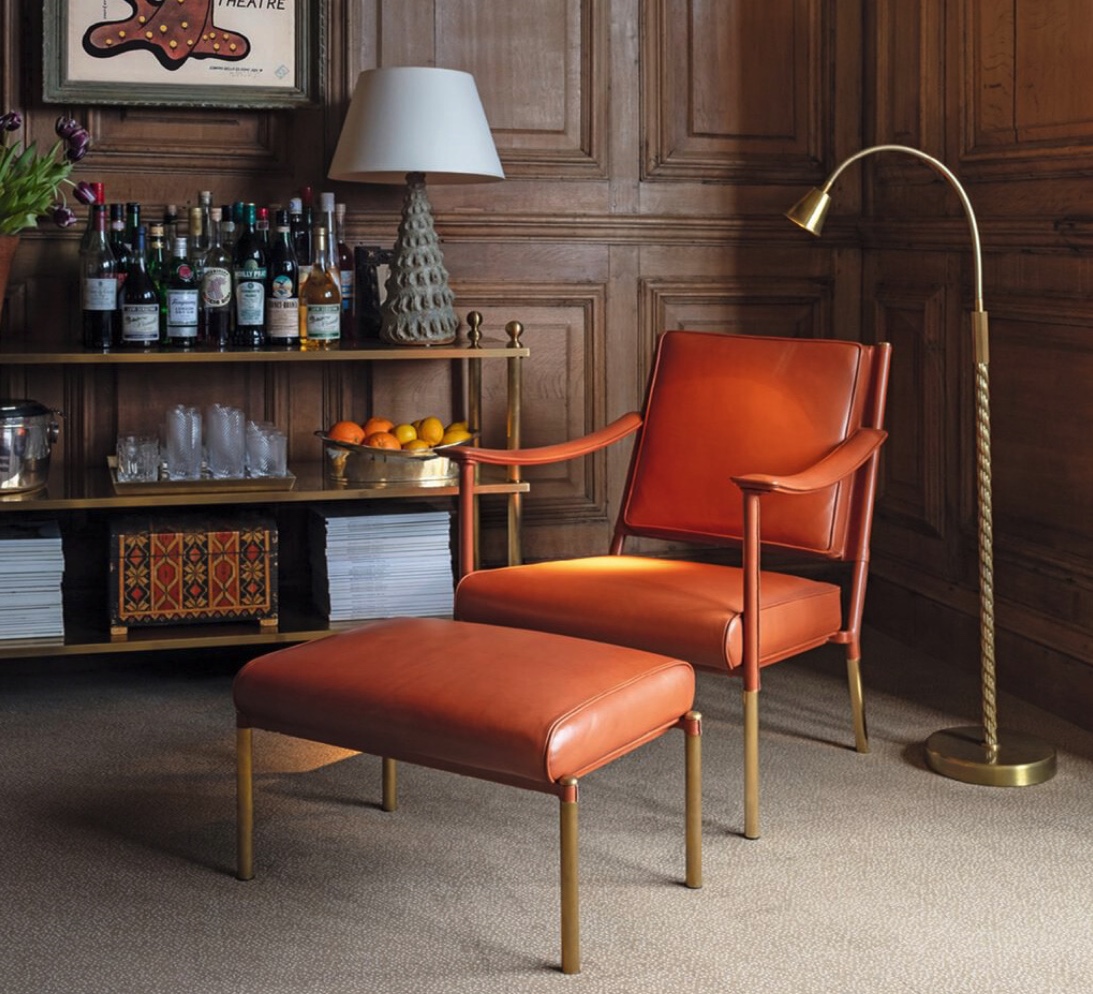
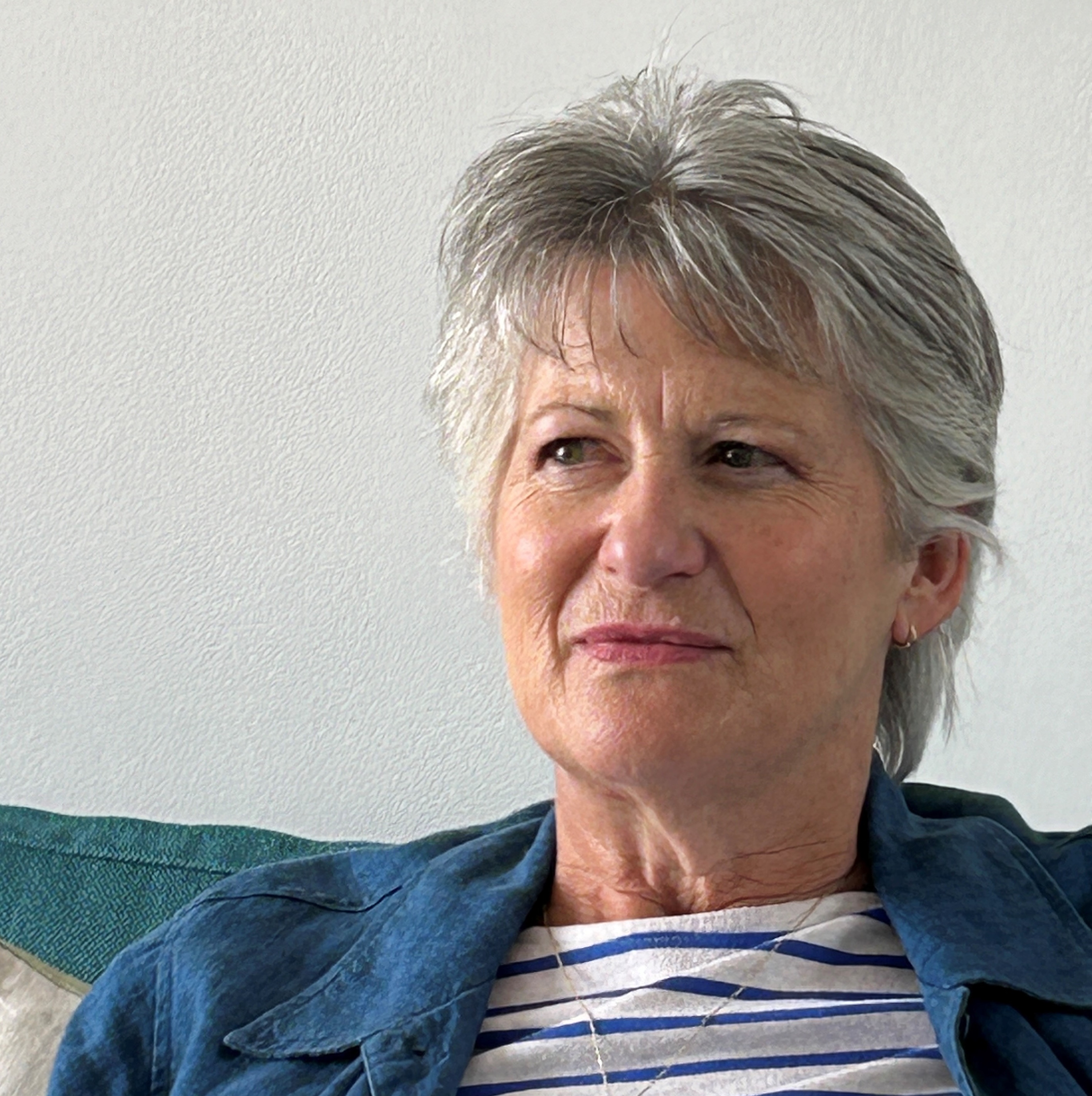
When it comes to choosing lighting, choose carefully — and think about what you really need.
It's a lesson our interiors editor Giles Kime learned the hard way, advising people to 'seriously question the need for overheard lighting' in his article '10 things I wish I’d known about doing up old houses before I started'.
'The chances are you might not need any at all,' says Giles. 'In most cases, your money will be better invested in plenty of low-level light in the form of table lamps and floor lamps that are significantly easier on the eye and create a pleasing atmosphere.'
The examples below show a range of options, from lamps to uplighters — and a magnificent low-hanging pendant which shows that now and again, light that comes from above is still the best choice.
The Humbug lamp
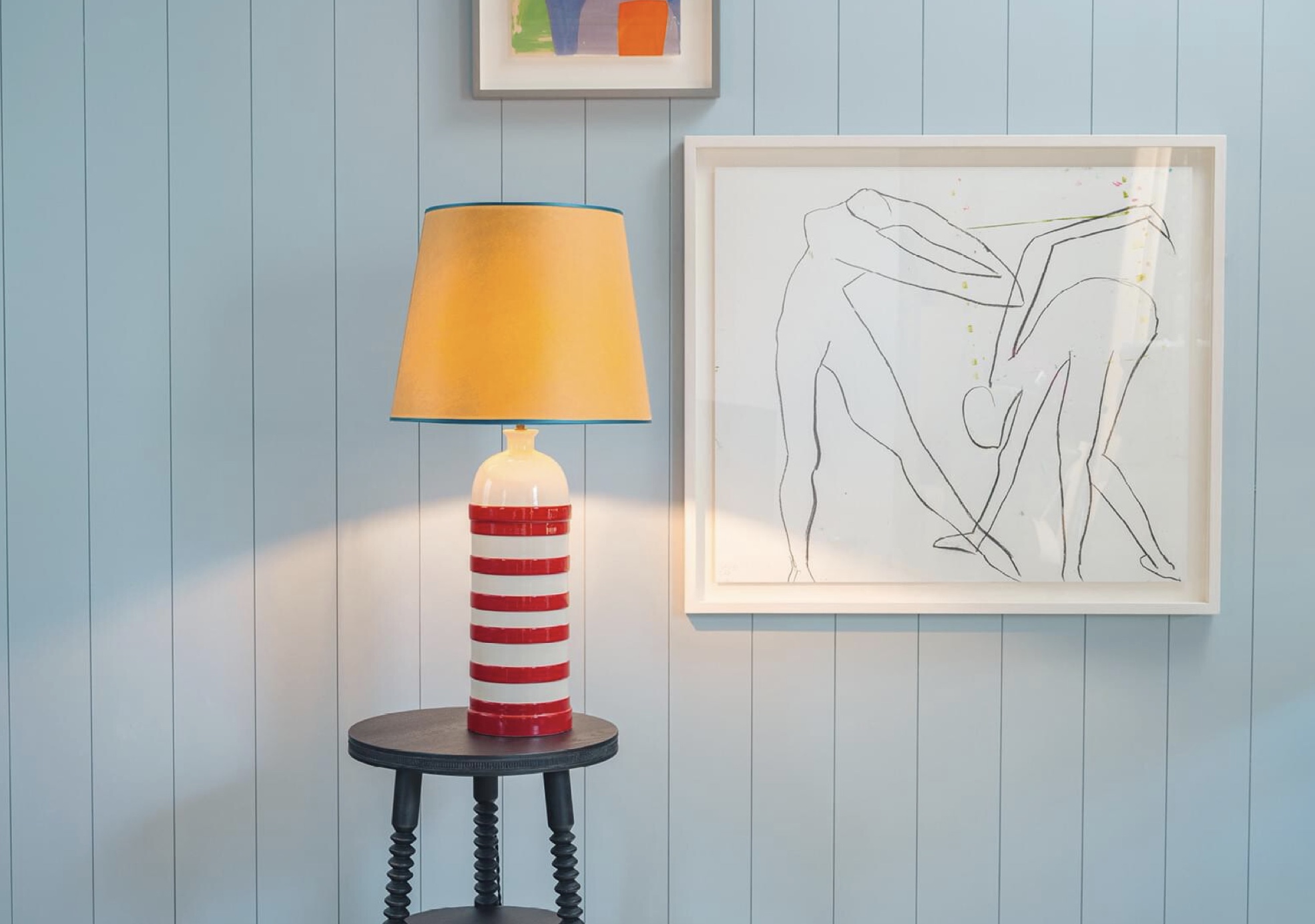
A lamp that will brighten even the gloomiest of corners, thanks to its cheerful design. It costs £295 and is shown here with the Humbug Straight Empire paper shade, £195, both from the NIX collection.
Nicola Harding — www.nicolaharding.com
Hang time
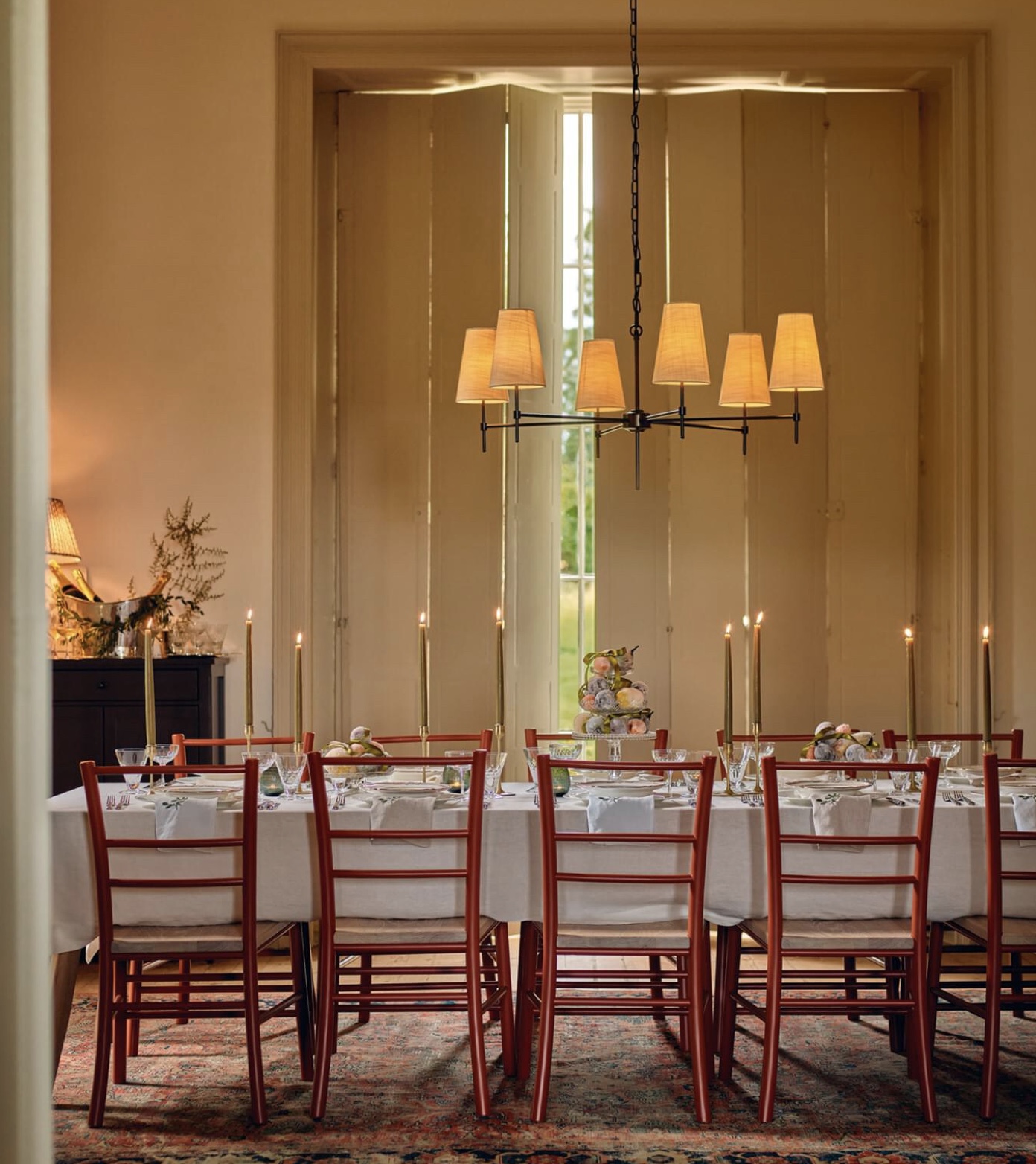
Designed as a contemporary take on a candelabra, the Hanover pendant in Bronze, £625, features six tapered shades on an elegant frame.
Sign up for the Country Life Newsletter
Exquisite houses, the beauty of Nature, and how to get the most from your life, straight to your inbox.
Neptune — www.neptune.com
Global appeal
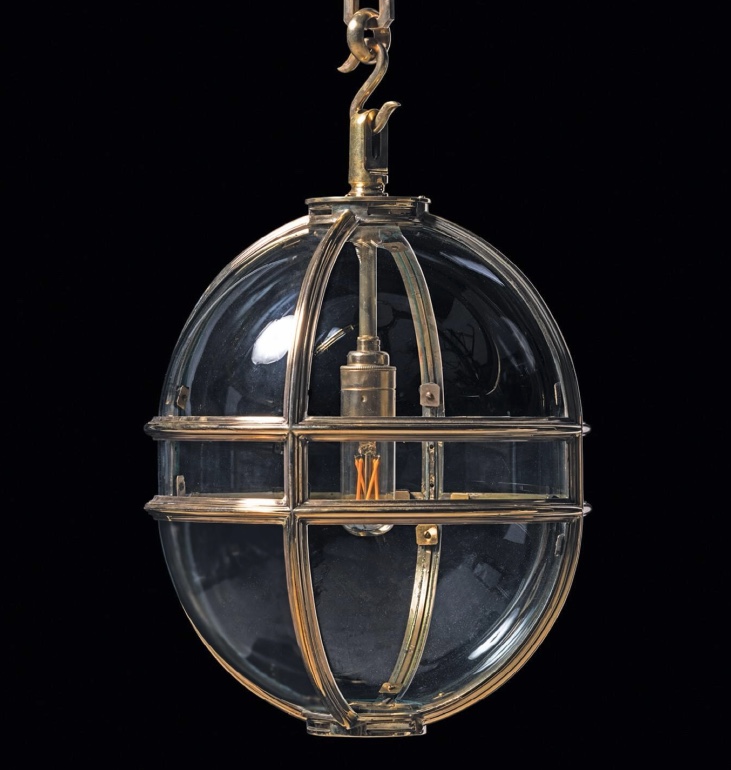
Around the globe Jamb’s collection of elegant globe lanterns includes the Mulberry Globe, £2,880, with its ‘shackle’ top.
Jamb — www.jamb.co.uk
Kooky Pooky
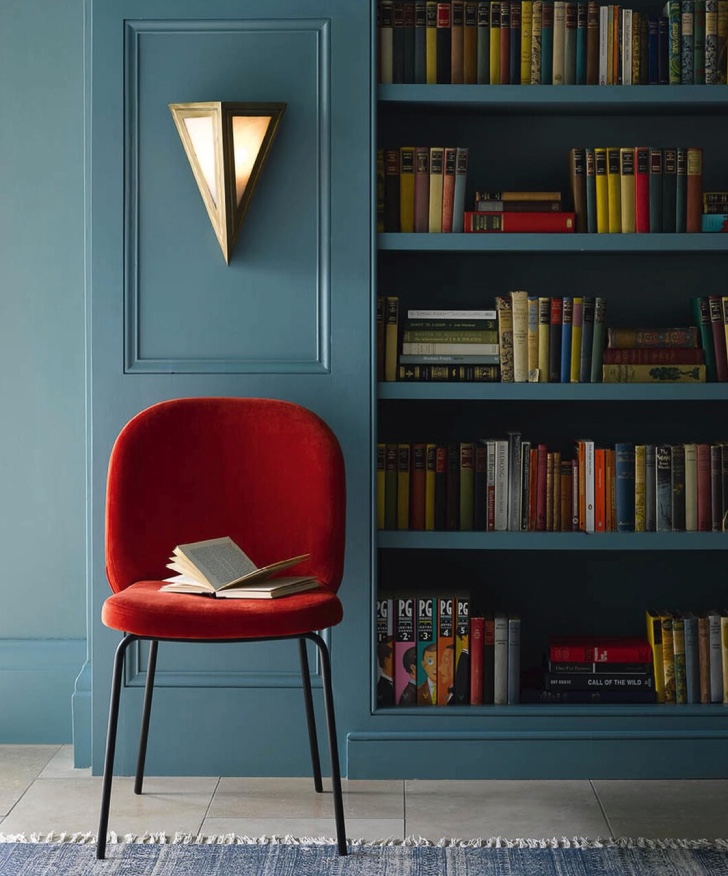
Light gently ripples through the alabaster panels of the Cyrus wall light, large, £224, and its Antiqued Brass frame finish adds a soft warmth to the design.
Pooky — www.pooky.com
Reading matters

Reading matter The Argo Flexi floor light in Antique Brass, £3,100, has a reeded rope column and flexible arm with shade, ideal for beside a reading chair. It is made in Hastings in East Sussex by Soane.
Soane Britain — www.soane.com
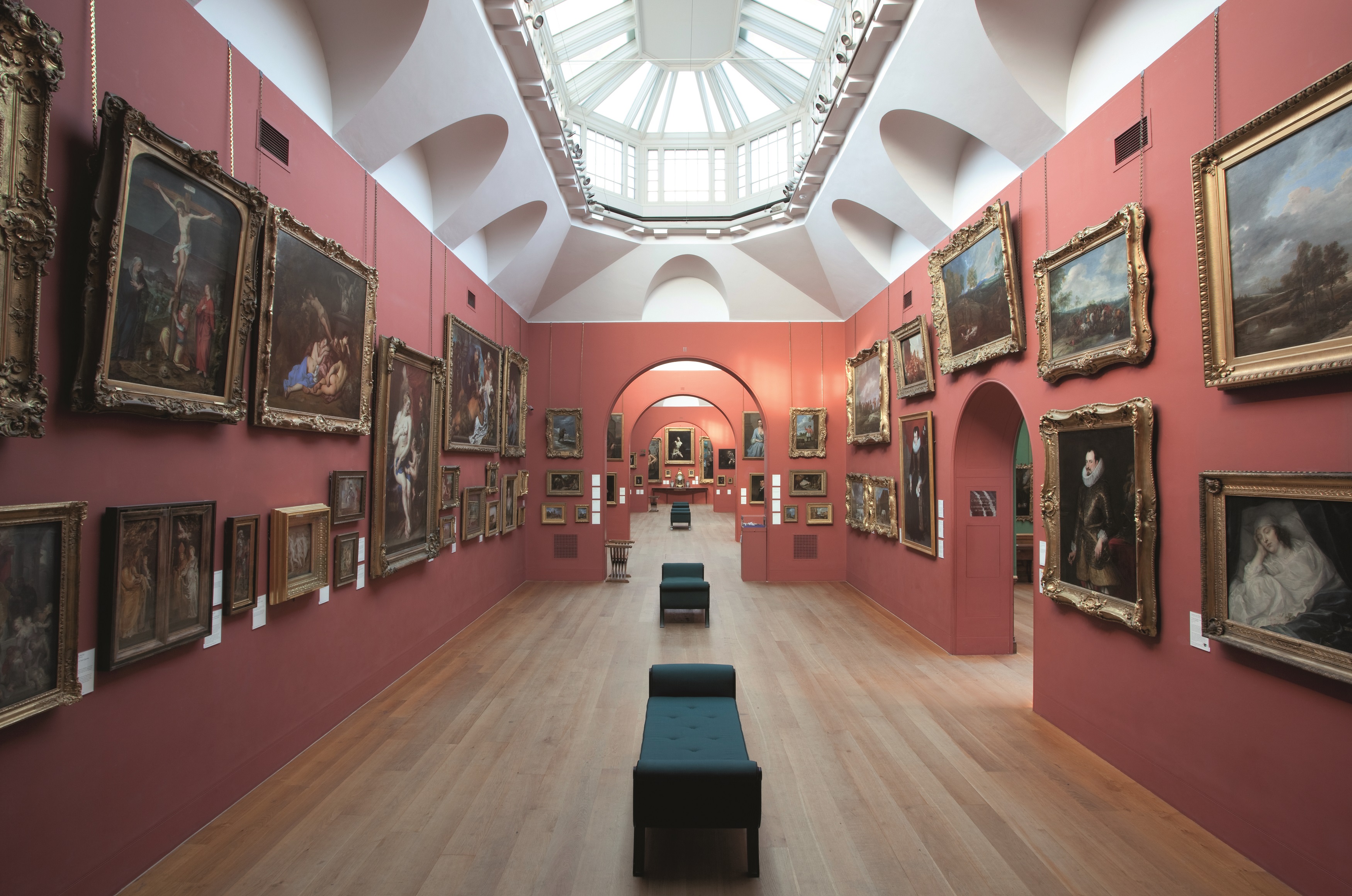
Seeing the light: The lasting legacy of Sir John Soane
For Sir John Soane, the tools of the trade included skylights, tinted glasses and mirrors, as much as classical motifs,
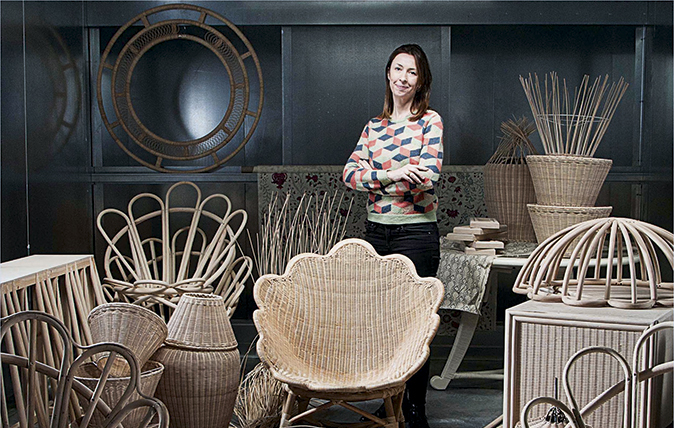
Made in Britain: Soane Britain
Soane Britain make furniture, lighting and fabric.
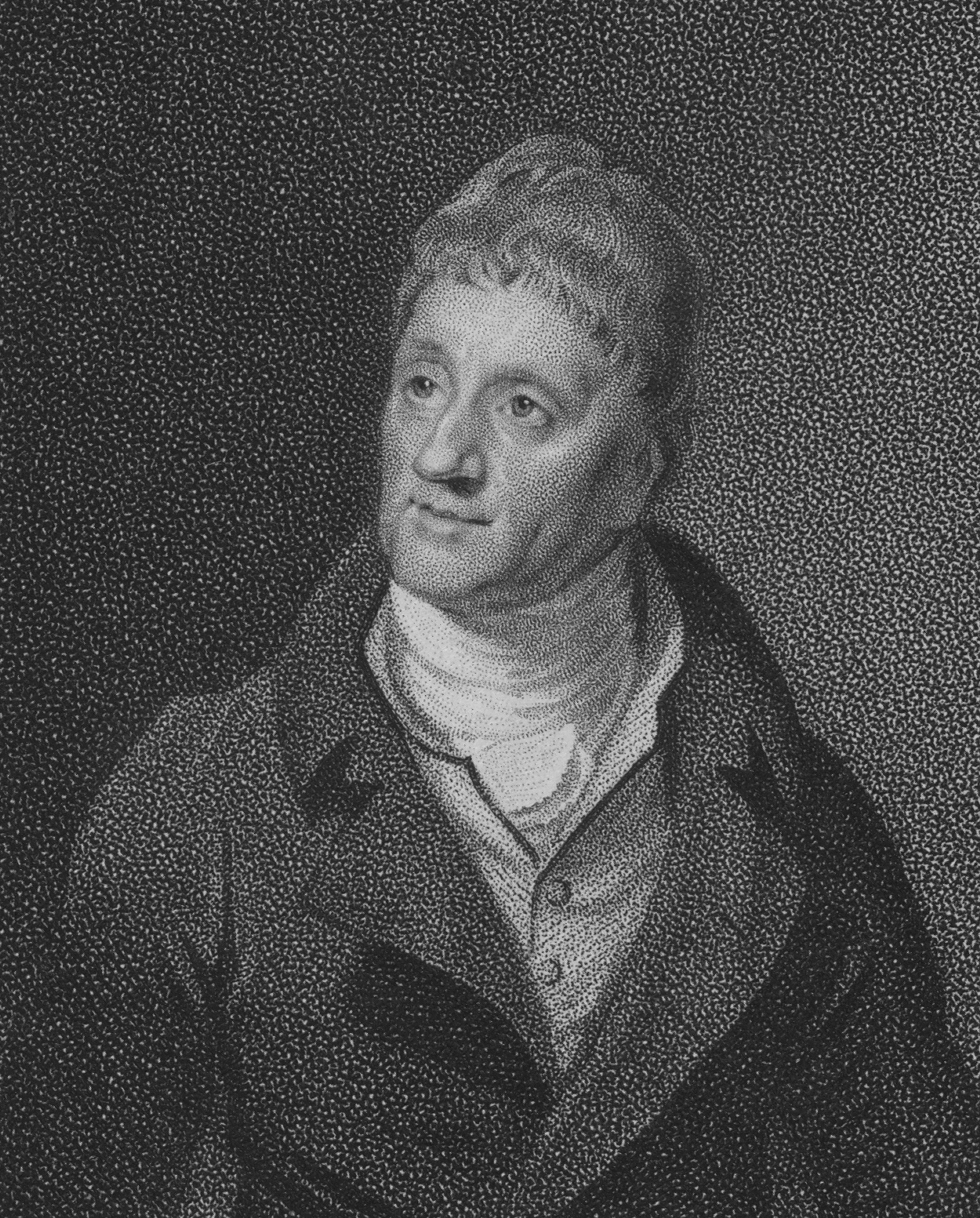
Great British Architects: Sir John Soane
One of the most inventive late Georgian architects, Sir John Soane also made daring use of new technology

Town mouse on ceramics at the Soane Museum
A visit to a new ceramics exhibition at the Soane Museum is a fascinating trip, says Clive
Amelia Thorpe is a design and interiors journalist and regular contributor to Country Life. She spent the first half of her career book publishing, before jumping the fence to become a writer — a role that she adores. Amelia lives in London with her husband and two roguish dogs.
-
 'To exist in this world relies on the hands of others': Roger Powell and modern British bookbinding
'To exist in this world relies on the hands of others': Roger Powell and modern British bookbindingAn exhibition on the legendary bookbinder Roger Powell reveals not only his great skill, but serves to reconnect us with the joy, power and importance of real craftsmanship.
By Hussein Kesvani
-
 Spam: The tinned meaty treat that brought a taste of the ‘hot-dog life of Hollywood’ to war-weary Britain
Spam: The tinned meaty treat that brought a taste of the ‘hot-dog life of Hollywood’ to war-weary BritainCourtesy of our ‘special relationship’ with the US, Spam was a culinary phenomenon, says Mary Greene. So much so that in 1944, London’s Simpson’s, renowned for its roast beef, was offering creamed Spam casserole instead.
By Country Life